Deep Mountain Dwarves
Culture & Society
Druagmirran philosophy, much like Goliath philosophy, insists that life itself is a neverending battle for survival ... Only the strongest can win- and it is their solemn duty to prove themselves as such; many Archivists believe this is a holdover from their days as slaves to the Giants, which eventually became central to their culture and identity. Regardless, it has resulted in a culture and society which is militaristic in nature, and industry focused. The Druagmiir are a courageous and determined people whose lives revolve around mining first and foremost. These mines are often a source of pride for a Citadel, and the Druagmiir are certainly no strangers to them; each generation follows in the steps of those that came before them- becoming miners or engaging in a related profession by the time that they're adults. Those who don't frequently join a Citadel's military forces to defend their home. It wouldn't be a stretch, as a result, to say that the trait which truly defines them is that of toil- and they are certainly tireless workers; no matter what profession they find themselves in, the Druagmiir will never leave a job half done once started, and will often work themselves to the bone for days on end- barely stopping even for food or water until the task has been completed; no obstacles daunt then, and their resolve is hardly ever shaken. As a people they see this kind of unceasing dedication as their most defining strength- a source of pride, rather than a drawback to be corrected. While the Druagmiir are certainly ceaseless to the point of near singlemindedness, however, they're still driven by the same passions and emotions as any other species; they care for home and family, and honor their ancestors. They work to better themselves and their kind, and constantly strive to improve their living and working conditions- especially as in the Underdark, survival requires cooperation and near perfection. They can be moved to do great things in the name of their Gods, and will gladly give their lives to defend things they value the most- especially their traditions and way of life; as the first Dwarves to emerge, the Druagmiir see themselves as the truest manifestation of Dwarven ideals. This has lead to severe tensions between themselves and their relatives, but has led to an incredible level of cultural preservation and record-keeping.Magic & Religion
Every strike of an axe against stone ... Every fire stoked within the forge ... Every brick laid for a citadel wall ... Is but a single step in the sacred journey towards perfection; it is our most solemn challenge to achieve greatness- but I shall not shy away from it.
Despite their heavy cultural emphasis on mining, mining isn't truly central to Druagmiiran society ... Indeed, the Gods and Ancestors themselves superseded even that among them- taking a position of absolute prominence and power above all else; Temples make up the central location of every Citadel. Priests, Clerics, and Paladins sit at the top of their social heirarchy. And every Druagmiir lives their lives by the tenants of their faith- often to the point where many consider it a blasphemy to miss even one of their thrice daily prayers.
Housing & Architecture
As denizens of the Underdark, the Druagmiir dwell in the Old Citadells once inhabited by their forefathers, The Phet. But as the Phet were the precursors to the Giants, these towering Citadels are far larger than the Druagmiir would ever actually have need for, and so have been extensively modified over the centuries as Clans have grown; terraces have been added, new buildings have been built into the sides of old ones, larger buildings bisected into smaller ones, and more. The result is a confusing, strange, and near tangled abyss; a hapdash of old architecture and new- towering structures and squat ones, all in caverns the size of bygone sophonts who no longer roam the world; a physical expression of the way history changes over the centuries when you leave a culture all but forgotten and perfectly isolated beneath the mountains ... And yet the Druagmiir who inhabit these spaces do not find their maze-like Citadels confusing at all. Indeed, each Citadel has been meticulously mapped out by the specific Clans that claim them. By the time a duergar is but a child, the passages that make up their home are near perfectly committed to memory, and can be traversed expertly even in utter darkness (though contrary to popular belief among surface dwellers, Druagmirrian Citadels are well lit with Sunstone, as the group who discovered it).
Common Hair Colors
 Common Eye Colors
Common Eye Colors
 Common Skin Tones
Common Skin Tones




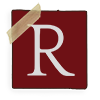








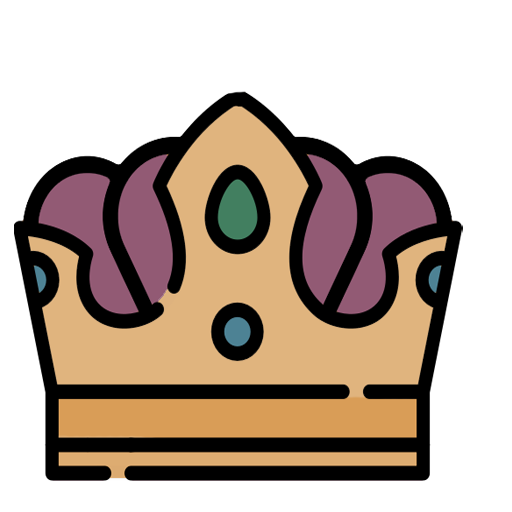
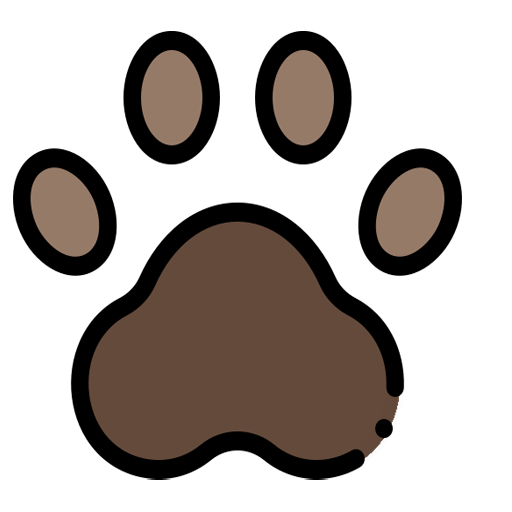
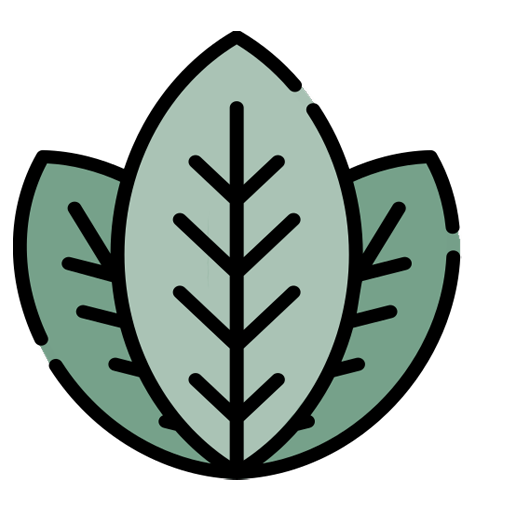
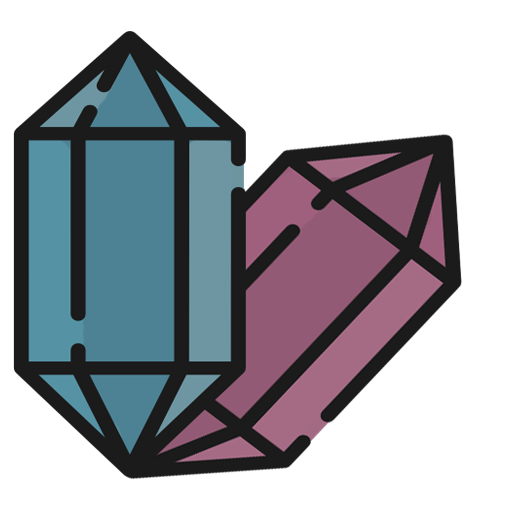
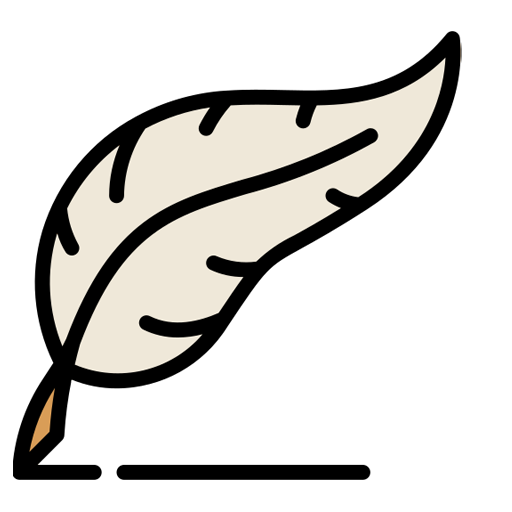
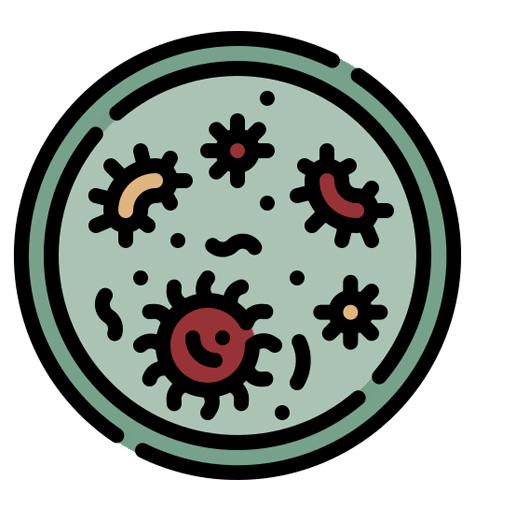
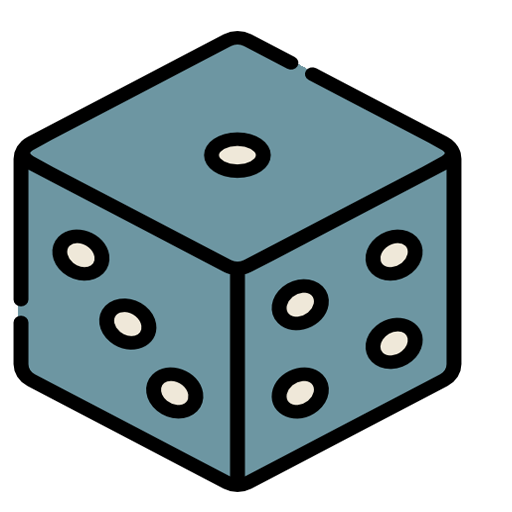
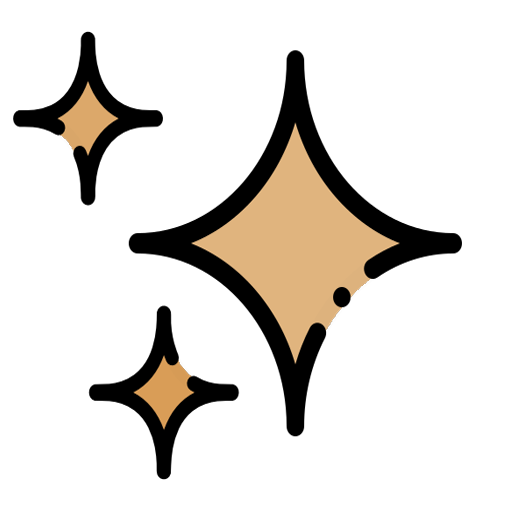


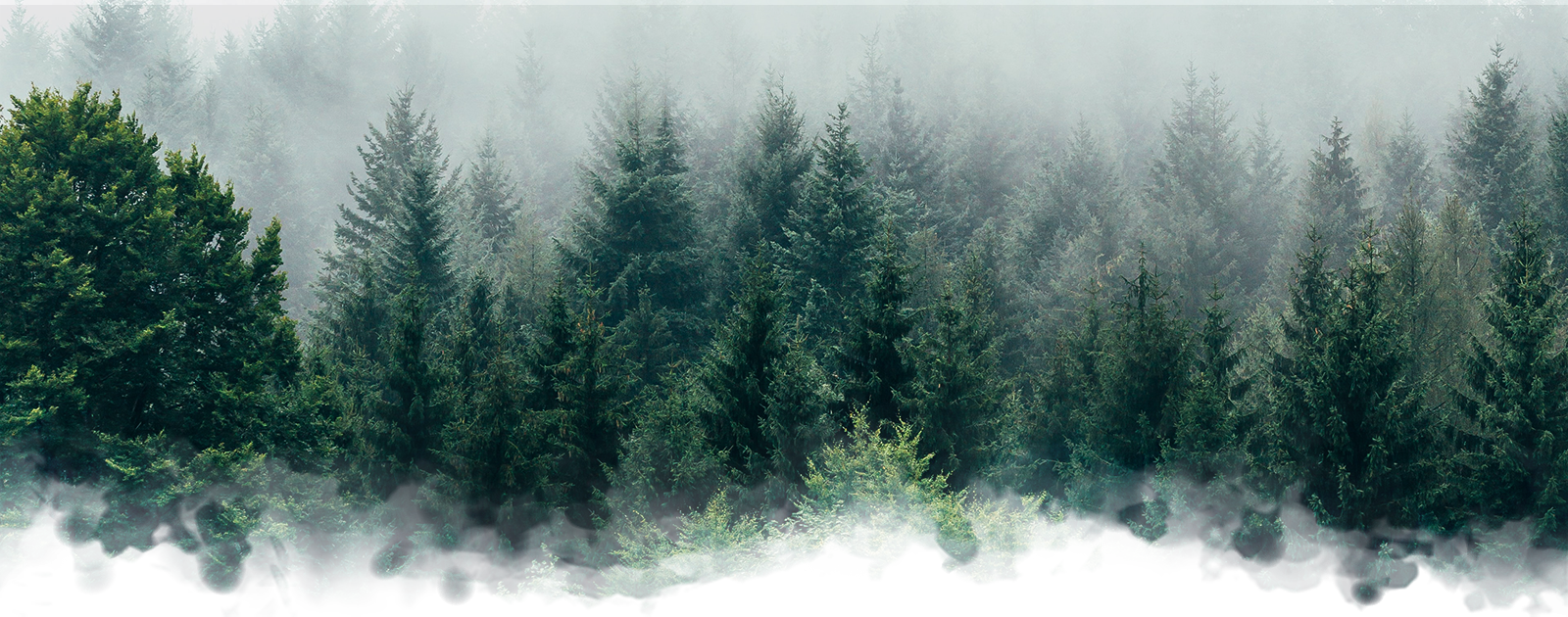

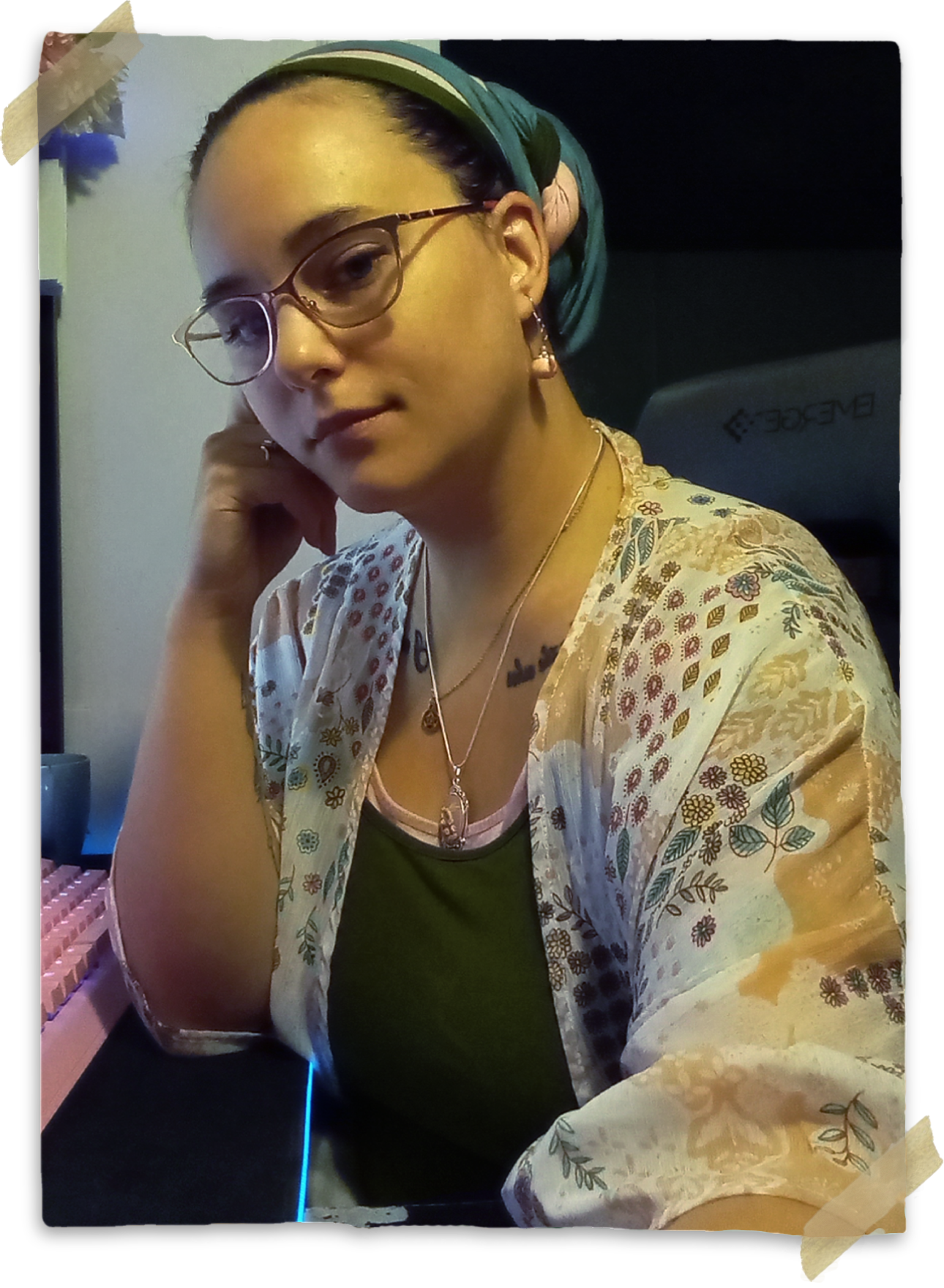
Comments
Author's Notes